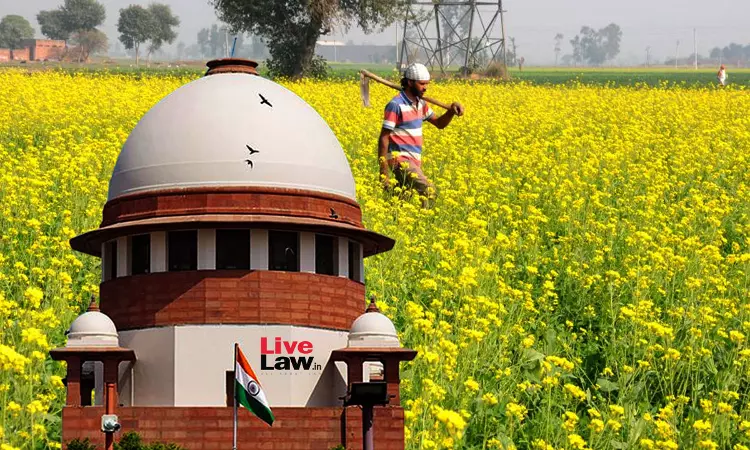In a crucial development, the Supreme Court today (July 23) delivered a split verdict on petitions challenging the approval given by the Union Government to release genetically modified mustard.While Justice BV Nagarathna quashed the approval given by the Genetic Engineering Appraisal Committee and the Ministry of Environment and Forests, Justice Sanjay Karol upheld the same.In view of...

